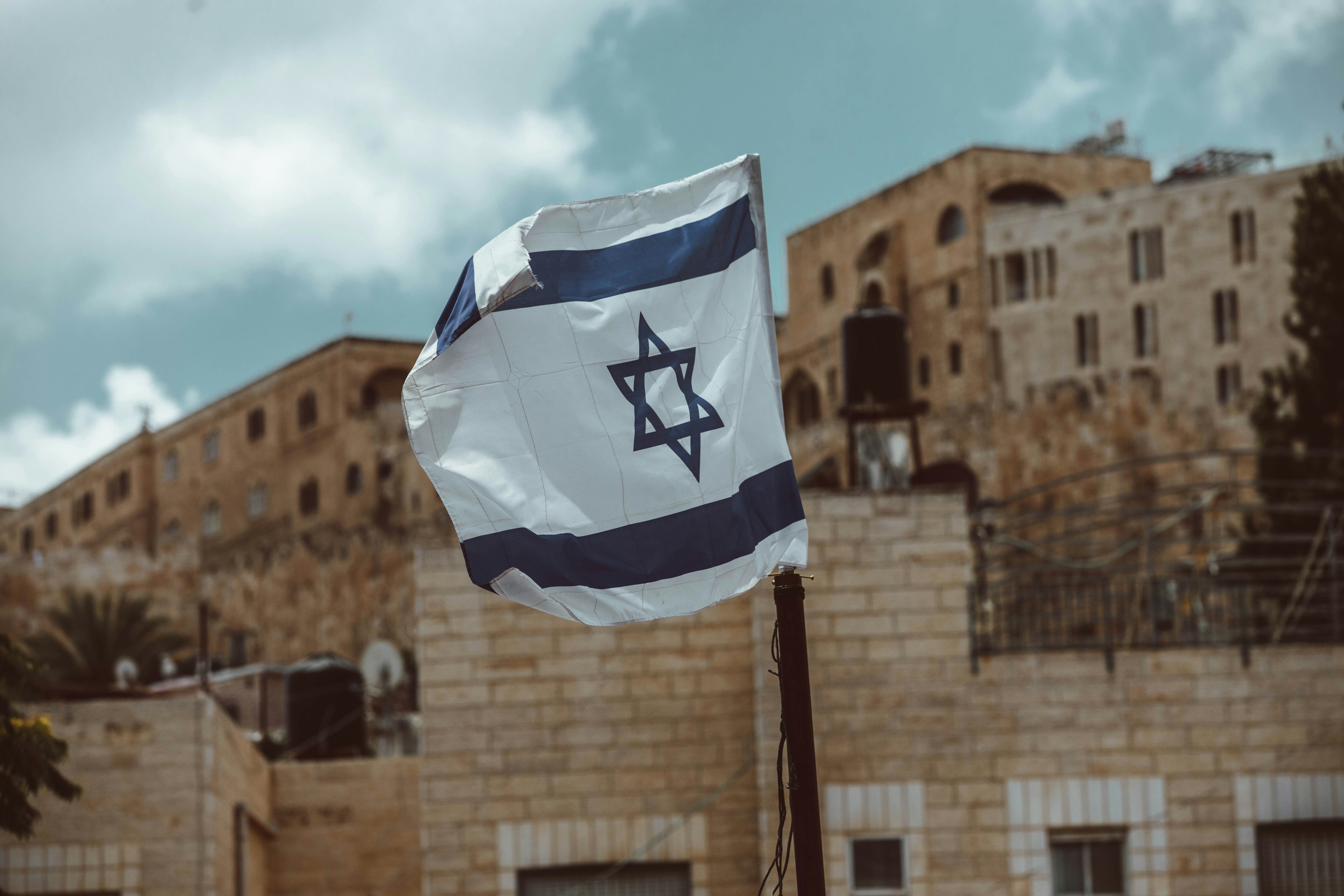Israeli Forces Confirm Death Of Hamas Commander Muhammad Deif In Strategic Airstrike

The Israeli Defense Forces (IDF) have confirmed the death of Muhammad Deif, the military commander of Hamas, in a strategic airstrike on Khan Younis, Southern Gaza. This targeted operation, which took place last month, is seen as a significant blow to Hamas’s military leadership. Deif, a notorious figure within the organization, was responsible for planning and executing numerous attacks against Israel, including the deadly October 7 attack.
Background on Muhammad Deif
Muhammad Deif, born Mohammed Diab Ibrahim al-Masri, was the long-time military commander of Hamas's armed wing, the Izz ad-Din al-Qassam Brigades. Over the years, Deif became a symbol of resistance for Hamas and a key figure in orchestrating its military strategies. He had survived several previous assassination attempts by Israel, enhancing his status within the organization. Deif's military acumen and strategic planning made him a high-value target for the IDF.
Details of the Airstrike
The airstrike that killed Deif was carried out in Khan Younis, a city in Southern Gaza, last month. The operation was the result of extensive intelligence gathering and meticulous planning by the IDF. Drones and aircraft targeted a specific location where Deif was believed to be hiding, ensuring precision and minimizing collateral damage. The IDF utilized advanced surveillance and intelligence capabilities to confirm Deif's presence before launching the strike.
Connection to the October 7 Attack
Muhammad Deif was identified as the mastermind behind the October 7 attack, which resulted in significant casualties and damage. The attack was one of the deadliest in recent years, intensifying the ongoing conflict between Israel and Hamas. Deif’s role in planning and executing the attack made him a prime target for the IDF, who sought to eliminate him to prevent further escalations and disrupt Hamas's military operations.
Reactions to Deif’s Death
The confirmation of Deif's death elicited strong reactions from various quarters. Israeli government and military officials hailed the operation as a major victory in their ongoing fight against Hamas. Prime Minister and IDF leaders emphasized the significance of eliminating Deif, calling it a critical step in ensuring Israel’s security. Conversely, Hamas condemned the strike, vowing to avenge Deif’s death and continue their resistance. International reactions were mixed, with some countries expressing concern over potential escalations, while others supported Israel’s right to defend itself.
Impact on Hamas
The death of Muhammad Deif is expected to have immediate and profound effects on Hamas’s military capabilities. As a central figure in their strategic planning, his loss creates a leadership vacuum that Hamas will struggle to fill. Deif’s extensive experience and tactical knowledge were crucial to Hamas’s operations, and his absence will likely disrupt their activities in the short term. However, Hamas is known for its resilience and could potentially reorganize to continue its resistance efforts.
Broader Implications
Deif's death has broader implications for the Israeli-Palestinian conflict. While it is a significant victory for Israel, it may also lead to retaliatory actions from Hamas and other militant groups, potentially escalating the conflict further. The strike could influence regional stability, with neighboring countries and international stakeholders closely monitoring the situation. The IDF’s success in eliminating Deif might embolden Israel to conduct similar operations in the future, affecting the overall security dynamics in the region.
Conclusion
The targeted killing of Muhammad Deif by the IDF marks a pivotal moment in the Israeli-Hamas conflict. As one of Hamas’s top military leaders, Deif’s death represents a major setback for the organization. The operation underscores Israel’s commitment to neutralizing threats and protecting its citizens. However, the broader implications for regional stability and future conflict escalation remain uncertain. The coming weeks will reveal how Hamas and the international community respond to this significant development.
Author: Ricardo Goulart
The Self-Destructive Nature Of Anti-Tourism Protests: Balancing Resident Concerns With Tourism Benefits
In recent years, anti-tourism protests have become increasingly common across popular tourist destinations. From the Bal... Read more
Military And Strategic Implications Of The Ukrainian Drone Attack In Kursk
On a recent morning, the Kursk region in south-western Russia witnessed an unexpected and significant event: a Ukrainian... Read more
Chinese Tech Stocks Gain Ground Despite Wall Street Technology Sell-Off
Chinese tech shares in Hong Kong gained on Friday, defying a technology stock sell-off on Wall Street, driven by strong ... Read more
Defense Pact Between Britain And Germany: A Focus On Cybersecurity And Joint Operations
In a move set to redefine European defense collaboration, Britain and Germany have signed a comprehensive defense pact a... Read more
US Secret Service Director Steps Down After Trump Assassination Attempt
Security lapses admitted by Kimberly Cheatle prompt resignation.Kimberly Cheatle, the head of the US Secret Service, has... Read more
Kamala Harris Promises A Brighter Future In Official Campaign Launch
In a vibrant and impassioned campaign launch, Vice President Kamala Harris vowed to lead America toward a "brighter futu... Read more

